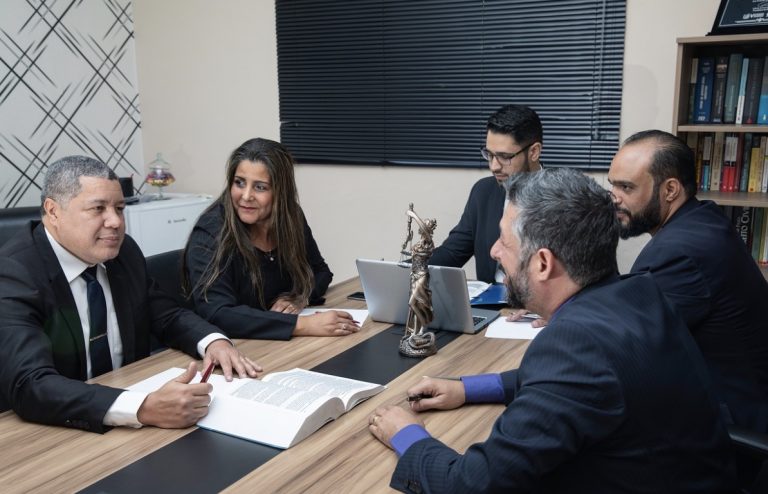Accidents can derail even the most carefully planned trips. Whether it’s a minor mishap or a serious incident, knowing how to handle these situations can make all the difference. Here are seven practical ways to effectively manage accidents while traveling.
1. Get a Legal Help
When dealing with serious accidents while traveling, seeking legal help can be crucial. If the accident involves legal complexities, such as disputes with local authorities, liability issues, or compensation claims, a local attorney or legal advisor can provide essential guidance. When it comes to a travel accident, a PI attorney can provide essential legal guidance and help you navigate claims for compensation and medical expenses. They can navigate the legal system on your behalf, ensure that your rights are protected, and help you understand your options.
2. Understand Local Emergency Procedures
Different places have varying emergency protocols. Familiarize yourself with the local procedures for emergencies in your destination. Know the local emergency numbers and the locations of nearby hospitals or clinics. This knowledge can save valuable time and reduce panic during an emergency.
- Emergency Numbers: Research and save the local emergency contact numbers for police, fire, and medical services before your trip. In some countries, these numbers may differ from what you’re used to, so having the correct digits on hand is crucial. Ensure these numbers are saved in your phone and written down in your travel documents.
- Hospital and Clinic Locations: Identify the nearest hospitals and clinics to your accommodation. Knowing where to go in case of a serious health issue or injury can make a significant difference in receiving timely medical care. Use maps or apps to pinpoint these locations and note their addresses and contact information.
- Language Barriers: Understand the common phrases or words related to emergencies in the local language. Learning basic terms such as “hospital,” “doctor,” and “help” can assist in communicating effectively if you need urgent assistance. Consider carrying a translation app or a small phrasebook to help bridge any language gaps.
- Local Emergency Procedures: Different regions may have unique procedures for handling emergencies, such as evacuation routes or specific emergency protocols. Familiarize yourself with any local customs or requirements related to emergencies. This knowledge helps ensure you follow the correct steps and stay safe during an incident.
3. Carry a First-Aid Kit
A well-stocked first-aid kit is essential for handling minor injuries and illnesses on the spot. Include items like bandages, antiseptic wipes, pain relievers, and any personal medications you might need. Having these supplies readily available allows you to manage small issues immediately and avoid unnecessary delays.
4. Purchase Travel Insurance
Travel insurance is crucial for protecting yourself against unexpected accidents and medical expenses. Opt for a policy that covers a wide range of incidents, including medical emergencies, trip cancellations, and lost luggage. Ensure you understand the terms of your coverage and keep a copy of your insurance details with you.
- Medical Coverage: Ensure your insurance covers emergency medical treatment, hospitalization, and evacuation. Healthcare systems vary widely, and some countries may require upfront payment for treatment. A good insurance policy will cover these costs and prevent you from being financially burdened in an emergency.
- Trip Cancellation: Check if your policy includes trip cancellation coverage. This feature can reimburse you for non-refundable expenses if you need to cancel or cut short your trip due to a covered reason, such as illness or family emergencies. It provides peace of mind that you won’t lose money if plans unexpectedly change.
- Lost or Stolen Belongings: Choose insurance that covers lost, stolen, or damaged luggage and personal items. Travel insurance can help replace essential items and provide compensation for the inconvenience. This coverage is particularly important if you’re carrying expensive equipment or important documents.
5. Seek Medical Attention Promptly
In case of a serious accident, seek medical attention immediately. Even if you feel the injury is minor, it’s important to get checked out by a professional to avoid complications. Prompt medical attention ensures proper treatment and documentation, which is important for both recovery and insurance claims.
6. Document the Incident
Documenting the accident is vital for both medical and insurance purposes. Take photos of any injuries, damages, or the scene of the accident. Write down details about what happened, including date, time, and witness statements if available. This information will be useful for filing reports and claims.
7. Contact Your Travel Insurance Provider
Report the accident to your travel insurance provider as soon as possible. Provide them with all necessary documentation and details about the incident. This helps in processing your claim efficiently and ensures you receive any compensation or assistance you’re entitled to.
Handling accidents while traveling can be challenging, but being prepared can ease the stress significantly. By keeping emergency contacts handy, understanding local procedures, carrying a first-aid kit, purchasing travel insurance, seeking prompt medical attention, documenting the incident, and contacting your insurance provider, you’ll be well-equipped to manage any mishap that comes your way. Stay prepared and enjoy a safer, more secure travel experience.

0 Comments